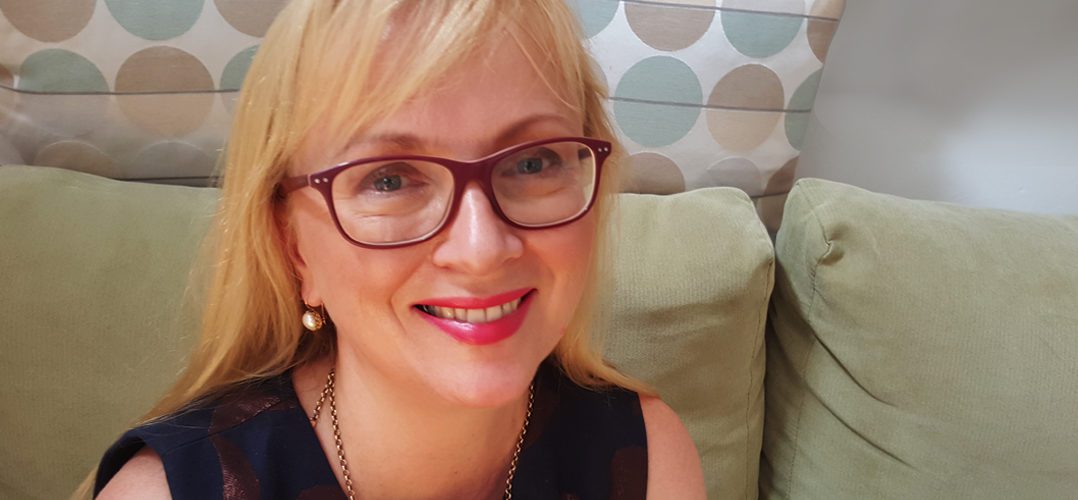MIP Blog: “Education by stealth” has been one of the key factors behind every show you produce. What does this mean and how do you achieve this?
Judy Whittle: We know that kids can learn amazing things when challenged and mentored by inspiring people. A game show for example, gets kids imagining the impossible. Mentors helping them realise those dreams. Put in a time limited challenge, where teams are solving engineering challenges through trial and error and the results are astounding. The end creation is judged on artistry, engineering and humour as well as being the last one standing or the first to the finish line. Teens feel a real sense of achievement through this process.
> The teen audience is in many ways the hardest to reach and engage let alone educate. What is your strategy in connecting with this audience?
Take a show like Boxwars which has teens for contestants who have to work in teams and battle it out. Teens are always curious to watch other teens, particularly when challenged in unexpected ways. As we interview contestants through the challenges so too does the viewer connect with the teens and gain a deeper understanding around what motivates and drives their decisions.
Then, throw in a whole lot of silliness into the format and the element of surprise: unexpected turns and twists and everything feels real. The drama can then be layered using costumes, humour and different surprises in each episode. Seeing these teen contestants enjoying themselves adds to the entertainment.
> Why is it important to educate our viewers? Surely we just want to entertain.
Firstly, we should want to entertain. If it’s not entertaining, no one will watch a show. Educating is a healthy bi product of this format. Kids are naturally curious about their world and how thinks work. With a show that gets kids designing, constructing and problem solving and viewers are astute at following the challenge and figuring out what constructions will work and which will fail, that is a winning formula. And when they fail, it’s hilarious and when they create something incredible it’s spectacular and kids will be itching to make one at home. And formats need to be easy to replicate at home, particularly for our teen audience.
> What are some other examples of shows that you clearly educate by stealth?
The learning comes through experimentation, team work, competition and making seemingly impossible creations. And you can see the sense of satisfaction the kids have in the set challenges and the fun they are having. Many of the contestants in our shows said filming scenes was the most fun they had had in years.
> Australia appears to be fertile ground in experimenting with different formats and Boxwars, for example, gradually became a phenomenon with teens over the past 8 years. What gives Australia the edge over other markets?
Melbourne is a town where people value individuality and you can be eccentric, wear what ever you like or have an unusual hobby and no one seems to mind. We love our sport but we also love art, music and hobbies. And we use our public spaces for all sorts of fun activities. Boxwars came out of community events where families gathered to watch hilarious cardboard battles and performances. The TV show Boxwars incorporates the elements of community, all ages, and the challenges that are quite ridiculous.




